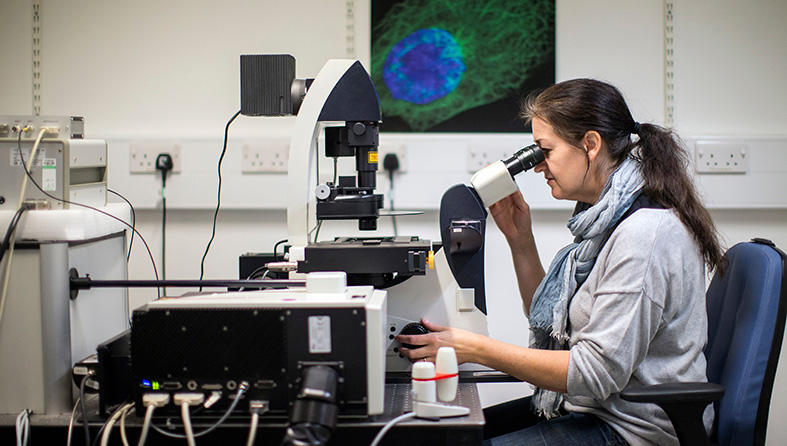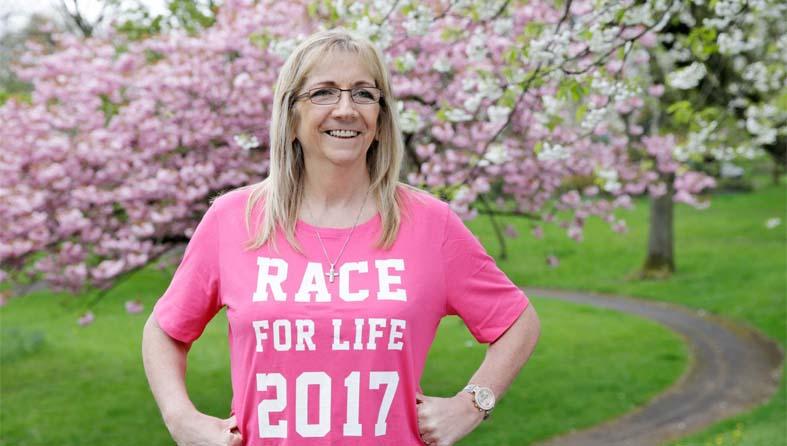Past research into preventing cancer

120 years of life-saving discoveries
Our scientists have been at the forefront of cancer research since 1902.
Thanks to you, we’ve come so far. And we will go much further.
Together, we will beat cancer.
Our milestones
Our scientists have made vital contributions to cancer prevention research that could help us prevent more cancers. Below are a few of our most important discoveries.
1950 – One of our scientists, Professor Sir Richard Doll, publishes work carried out across 20 hospitals which suggests a link between smoking and cancer. He also begins a 50-year research project documenting evidence of the impact of smoking on lung cancer risk.
1978 – We lead research that documents the links between asbestos and mesothelioma, laying the foundations for health and safety policies that protect future generations from exposure to the building material, saving lives from the disease.
2000s – A large study we help fund – called EPIC – highlighted some of the links between diet and health. EPIC shows that the risk of cancer is lowered by eating a so-called “Mediterranean diet” including plenty of wholegrains, fruits and vegetables, with only small amounts of alcohol and processed or red meats. This research helps people to make informed decisions about their health and lifestyle, so that they can take steps to lower their risk of cancer.
2007 – EPIC shows that obesity and fat distribution are both linked to a higher risk of developing womb cancer. This research helps women to make informed decisions about their health and lifestyle, so that they can take steps to lower their risk of womb cancer.
2010 – Our scientists show that a new bowel screening technique, called bowel scope, can save even more lives by spotting bowel cancer early, and in some cases preventing cancer developing in the first place.
2017 – Long term results from the bowel scope study show that the benefits of the one-off procedure last at least 17 years.
2000s – Through the Million Women Study, we make important discoveries about how hormone treatments (including HRT and the Pill) affect women’s risk of developing certain types of cancer. These results help women around the world make more informed decisions about their health.
1956 – We carry out some of the earliest studies of cervical screening in the UK and our researchers have since played a central role in setting the agenda for an organised national cervical cancer screening programme.
1991 – We carry out pioneering studies on vaccines for papillomaviruses in livestock, setting the stage for the development of HPV vaccines that today help protect women from being infected with types of the virus that can cause cervical cancer. The HPV vaccination programme could cut the number of cases of cervical cancer and prevent thousands of deaths.
1999 – We help show that the human papillomavirus (HPV) causes the vast majority of cervical cancers worldwide, overturning previous studies that had underestimated the link.
2000 – We fund researchers who put together the evidence showing the cervical cancer screening programme can be improved by testing for certain types of HPV as well as looking for changes in cervical cells, identifying women at higher risk of developing cervical cancer. This will save even more lives every year. This change is now being introduced across the UK.
2010s – Our research shows that aspirin could help reduce the risk of cancer in certain groups of people. Our CAPP trial shows that the over-the-counter drug cuts the risk of bowel cancer in people with an inherited condition called Lynch syndrome, who are more likely to develop the disease. Alongside international experts we also find low dose aspirin for at least 5 years in people aged 50-65 could reduce risk of death due to cardiovascular disease and cancer. These studies reveal more about the pros and cons of taking aspirin, and work is ongoing who should (and shouldn’t) take it, for how long and at what dose.


